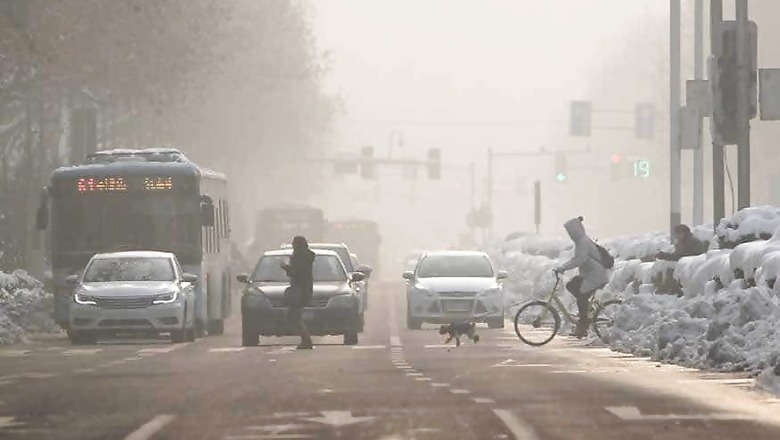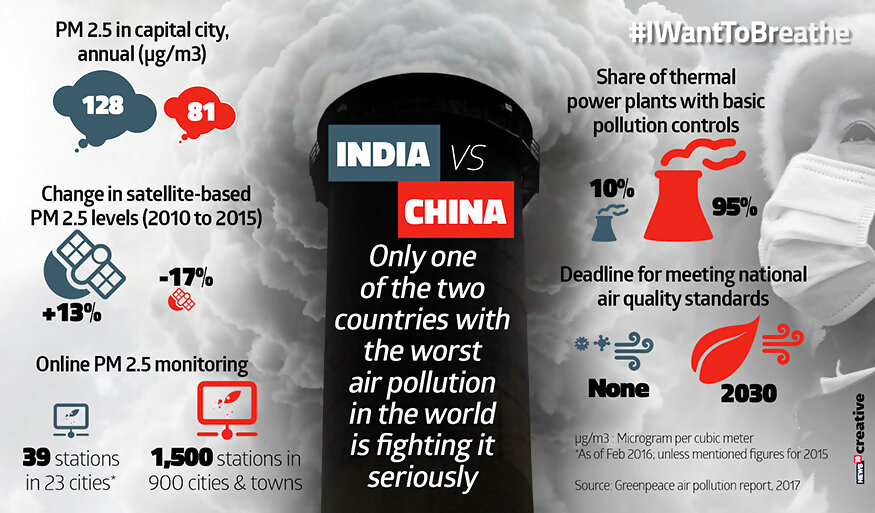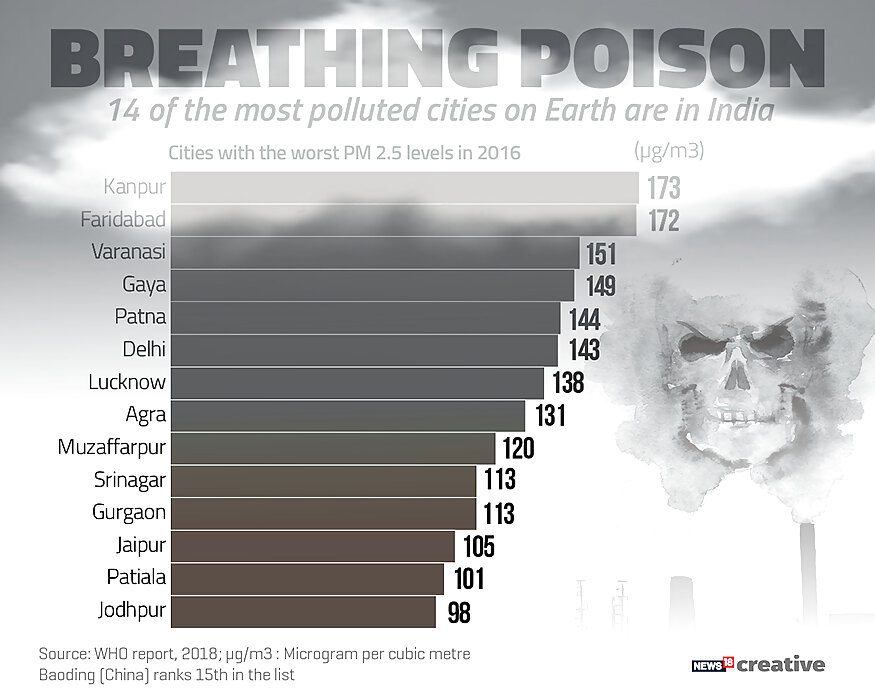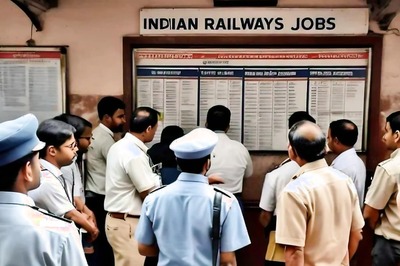
views
Vehicular pollution is one of the key contributors to the overall increasing air pollution and countries worldwide are fighting this menace. While India had its own share of fight with pollution by implementing the odd-even rule in the capital city of Delhi, it’s actually the European cities who are working hard and taking immediate steps to reduce air pollution. Recently, a Berlin court ruled that older diesel cars must be banned from some major roads in the German capital. Also, Paris announced to go car-free every first Sunday of a month. But when it comes to India, statistics prove that we are at the very bottom of the list of the countries who are taking harsh measures to improve air quality. In fact, a recent study showed that 14 out of 20 most polluted cities across the globe are from India. This is where India has to learn from the mentioned European Cities who are leading a fight to get clean air. Here is how major cities around Europe are looking to bring down harmful nitrogen oxides (NOx) pollution-
Paris, France
Authorities have announced one car-free Sunday each month in the central districts of Paris between 11am and 6pm. Occasionally, more extensive no-car days allow pedestrians to explore historic avenues like the Champs-Elysees untroubled by traffic. Some of the France's most-polluted cities like Marseille, Lyon, Nice and Strasbourg are implementing "low emissions zones" to shut out the dirtiest vehicles.
Hamburg, Germany
In May, Germany's northern port city became the first in the country to issue a driving ban against older diesels, targeting stretches of two main roads. Proposed bans are looming in other cities including Frankfurt, Berlin and even car industry bastion Stuttgart.

Rome, Italy
Roman officials vowed in February to ban private diesel vehicles from the Eternal City from 2024. And since 2013, a detour has shielded the ancient arena of the Colosseum from blackening car exhausts. Fashion and finance hub Milan, meanwhile, will exclude diesel vehicles from 2025 and plans to achieve "all-electric" status by 2030, shutting out internal combustion engines altogether.
Brussels, Belgium
Success for the Belgian and EU capital's pedestrian zone around the central Grand Place -- allowing only cyclists, taxis and some delivery vehicles -- has been limited, pushing up NOx levels in other city districts as traffic was diverted. From January this year, a "low-emissions zone" or LEZ has been in effect, shutting out the most polluting diesels and ratcheting up the number affected each year. Infringers can expect to pay a 350 euro ($400) fine.
London, United Kingdom
One of Europe's most polluted cities, London has imposed a "toxic charge" of 10 pounds (11.40 euros, $13.04). That levy comes on top of the 11.50 pounds daily "congestion charge" drivers have paid to enter central London from Monday to Friday since 2003, which has exceptions for electric and low-emissions vehicles.

Madrid, Spain
From November 23, Spaniards driving diesels built before 2006 will be barred from the streets of Madrid, with a more forgiving date of 2000 for petrol cars. The measures affecting up to 20 percent of vehicles registered in the city are expected to reduce nitrogen dioxide (NO2) emissions by 40 percent.
Amsterdam, Netherlands
Cycling-mad Amsterdam has made driving a luxury option, charging an annual fee for a windscreen badge allowing drivers to park their private cars on the street. Meanwhile, giant bike parks are strewn around the city at strategic spots like main train stations, making it as easy as possible to switch from four to two wheels.
Oslo, Norway
While the Norwegian capital can issue outright diesel bans on the most polluted days, usually in winter, it is also deterring inner-city driving by slashing parking spaces, blocking direct car routes through the city centre, pedestrianising some streets and raising toll charges.
During the winter season, we hear a lot of chatter on the increasing air pollution in Delhi-NCR. But that's the only time we hear such issues and that too because Delhi is the capital of India. As a matter of fact, other cities need more attention than Delhi as they are more polluted than any of the cities around the world. Pollution should not be a topic discussed once-in-a-year, but it should be the talk of the hour. Governments, be it state or central, have to come forward and declare Air Pollution as a serious issue, that has to be tackled with immediate effect!
With Inputs From AFP Relaxnews
















Comments
0 comment